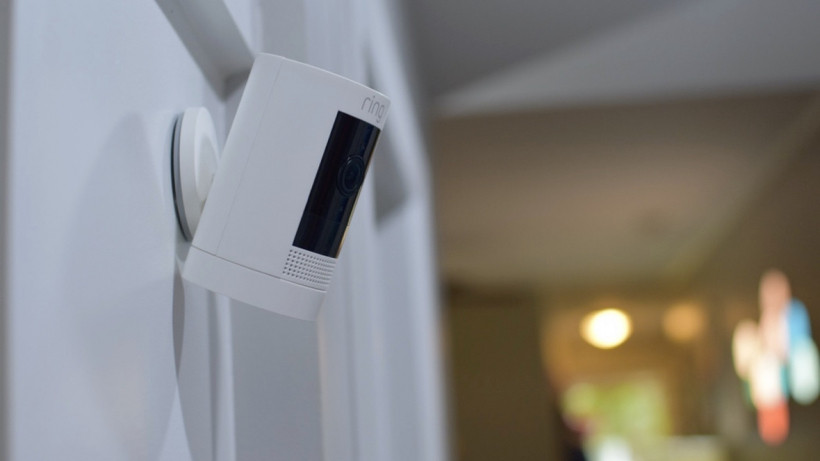Users fume as Amazon-owned company moves the goalposts
Ring has announced plans to place several of its core features behind a paywall, meaning existing users of the company’s video doorbells and security cameras will need a Ring Protect plan to maintain use.
The Amazon-owned giant noted in its blog post that ‘Home’ and ‘Away’ modes will be shifting from free to subscription-based from 29 March, while support for Alexa is also heading behind the paywall.
The latter means that those who don’t wish to have a Ring Protect plan will lose access to voice control, a feature that is almost always free to use in smart home ecosystems.
The change to the different modes within the app is arguably the more frustrating for existing users, though, since this allows different devices to trigger alarms more effectively.
The ‘Home’ mode, for example, will mean indoor cameras won’t trigger if you head downstairs for a drink in the night, while ‘Away’ means that the cameras are recording at all times and linking with sensors to record motion.
Sweet. @ring is removing features from a product I own. Thanks Ring! @FTCpic.twitter.com/Xd6dkFBrkg
— Gabriel Landau (@GabrielLandau) March 2, 2023
It’s not just Ring’s camera-based devices that are getting hit, either.
If you pick up the Ring Alarm security system after the 29 March cut-off, in-app features will also be placed behind a payment plan. Again, then, this will mean you’ll have to pay to arm or disarm sensors, receive notifications, or put security automations in place.
Existing Ring Alarm users, at least, will maintain these features even if they don’t pony up for a Protect plan.
There are some features that will remain free to use, Ring says, such as live view, two-way talk and motion detection, but users on Twitter and Reddit (as shown above) are understandably frustrated by the change.
At least for now, the change only appears to apply to users in the US and Canada, though it’s naturally quite likely we also see this change come to Europe and other regions over the coming months. Stay tuned as we hear more.





